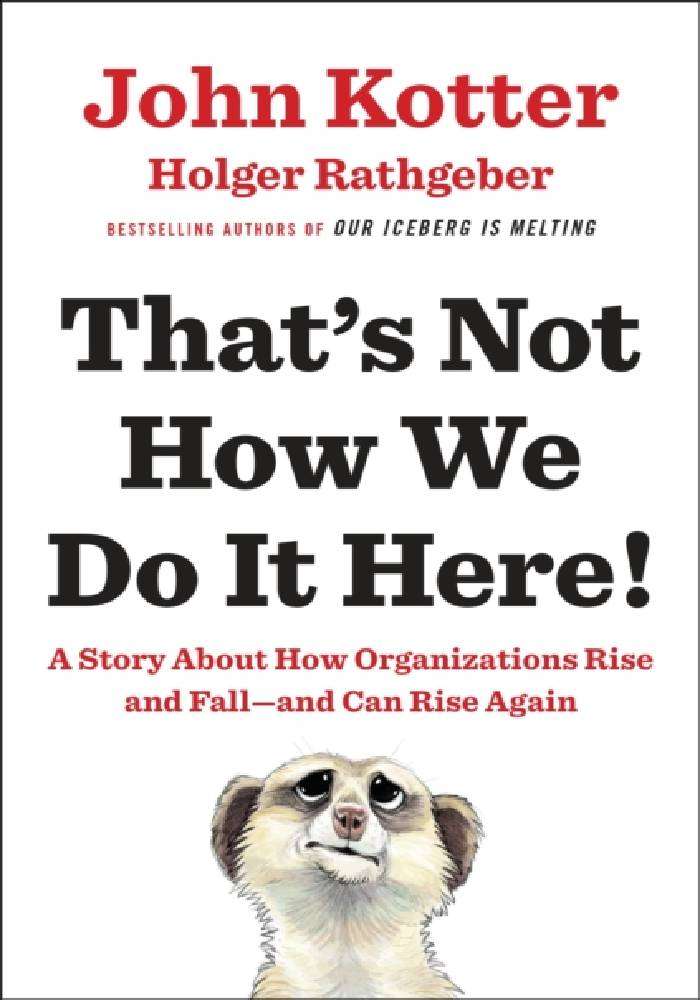-15%نفذ
“You can’t know anything if you just remember isolated facts. If the facts don’t hang together on a latticework of theory, you don’t have them in a usable form. You’ve got to have models in your head.”- Charlie Munger, investor and vice chairman of Berkshire Hathaway The world’s greatest problem-solvers, forecasters, and decision-makers all rely on a set of frameworks and shortcuts that help them cut through complexity and separate good ideas from bad ones. They’re called mental models, and you can find them in dense psychology, physics, economics, and more textbooks. Or, you can just read Super Thinking, a fun, illustrated guide to every mental model you could possibly need. How can mental models help you? Well, here are just a few examples…





